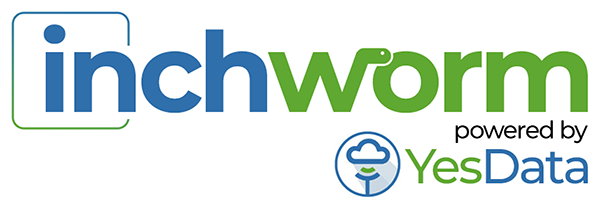When choosing a provider for your business needs, one of the critical factors you might consider is the size of their contact database. Whether you’re looking for a CRM system, email marketing tool, or data management service, understanding the role of contact database size can make all the difference in your provider selection process. This blog will discuss how database size influences your decision-making and highlight how YesData can optimize your data management.
1. The Role of Contact Database Size in Provider Selection
The size of your contact database can significantly impact the performance and effectiveness of a provider. A large database may require more powerful and scalable solutions, while a smaller database may benefit from more affordable and straightforward options.
-
Larger databases demand more storage and advanced features.
-
Small databases may prioritize simplicity and cost-effectiveness.
-
Always assess your current and future needs before choosing a provider.
Contact database size directly influences the resources a provider needs to offer, including speed, support, and customization options.
2. Scalability and Flexibility for Growing Businesses
As your business grows, so does your contact database. When selecting a provider, you must choose a solution that can scale with your needs.
-
Look for providers that offer flexible plans for growing databases.
-
Ensure they can handle future data management needs without performance issues.
-
YesData’s solutions are designed to grow with your business, making it easy to manage increasing database sizes.
Scalability ensures your system can handle growing demands, helping you avoid the need for constant migrations or upgrades.
3. Data Quality and Accuracy Are More Important Than Size
While database size is important, the quality of the data within that database is even more critical. A provider that offers robust data validation and cleaning services can significantly improve the accuracy and reliability of your contact data.
-
Validate and clean your database regularly.
-
Choose providers that offer data hygiene services.
-
YesData helps ensure that your contact data is always clean, accurate, and up-to-date.
Focus on data quality to ensure that your contacts are always valid, which directly affects the success of your outreach and marketing efforts.
4. Cost Implications Based on Database Size
The cost of a provider often scales with the size of your contact database. Larger databases usually incur higher costs due to increased storage needs, higher data throughput, and additional features required to manage them effectively.
-
Consider your budget when selecting a provider for larger databases.
-
Some providers charge based on contact numbers, so look for scalable pricing models.
-
YesData offers competitive pricing, with scalable plans that adapt to your business’s growth.
Understanding the cost structure helps you make a cost-effective choice without compromising on the features you need.
5. Integration with Other Tools and Systems
Your contact database size will influence how easily your data integrates with other business tools. Larger databases may require more sophisticated integration with CRM systems, marketing automation tools, or customer support platforms.
-
Choose providers with strong integration capabilities.
-
Ensure smooth data transfer between platforms to maintain consistency.
-
YesData’s integration options allow seamless synchronization with other business tools, streamlining your operations.
Integration is essential for ensuring smooth operations across your business processes, from marketing to customer service.
Conclusion
The size of your contact database plays a crucial role in selecting the right provider, but it’s not the only factor. Scalability, data quality, cost, and integration options must also be considered. By choosing the right provider, you can ensure your data management processes are streamlined and efficient, no matter the size of your database.
Looking for a scalable solution to manage your growing contact database? YesData can help you keep your contact data accurate and up-to-date—book a free call today.
FAQs
-
Does the size of my contact database affect CRM performance?
Yes, a larger database requires more robust CRM features, such as faster data retrieval, better support for segmentation, and scalability for future growth. -
What’s more important: database size or data quality?
Data quality is more important than size. A smaller, well-maintained database will outperform a larger, inaccurate one in terms of lead conversion and customer retention. -
How can YesData help with my contact database management?
YesData offers tools that clean, validate, and update your contact data, ensuring that you always work with accurate and relevant information.

